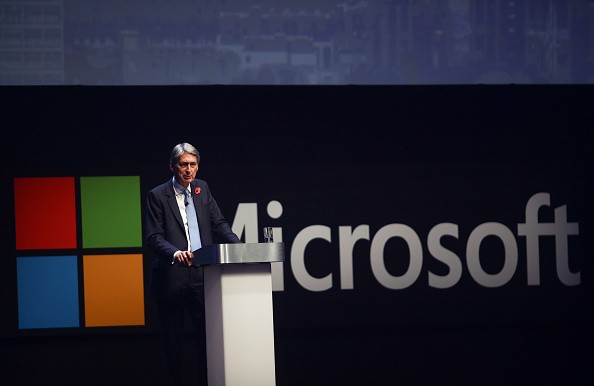Microsoft has been criticized by Eugene Kaspersky, the founder of the antivirus company Kaspersky, because the Windows 10 upgrade process disables third-party AV programs and uses its own Defender instead.
The Windows operating system is full of vulnerabilities and exploits which led to a market of AVs. However, the new Windows 10 reportedly does not allow for many AV programs to be installed or even activated because it prioritizes its own Defender program even if others are already installed.
Eugene Kaspersky wrote a long blog post detailing how Windows 10 manages to ditch third-party AV programs to favor its own. The cybersecurity expert is clearly frustrated with the new operating system as it can also be dangerous for their customers.
"Even if software did manage to be compatible according to the initial check before the upgrade, weird things tended to happen and Defender would still take over," Kaspersky said.
Kaspersky adds that Microsoft automatically removes all of what it finds to be "incompatible" security software. It does so without warning the user which can be harmful considering that Defender is not the best AV out there.
"But what did it expect when independent developers were given all of one week before the release of the new version of the OS to make their software compatible?" added Kaspersky.
Microsoft has also added a new AV limit which frustrates Kaspersky as well since it does not add Defender to the limit, Express.co.uk reported. Kaspersky has already filed a complaint to the Russian Federal Antimonopoly Service (FAS) regarding the matter.
FAS has also confirmed that they are now conducting an investigation into Microsoft. They seek to find whether Microsoft is indeed trying to weed out the competition through the AV program and favoring its own Defender software.
Microsoft has not yet commented on the issue but it would seem like it is not the first time the issue was raised with the Redmond-based company. Kaspersky said that they have already tried several times in the past to fix the issue but Microsoft would not budge.



























